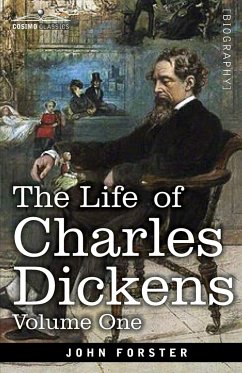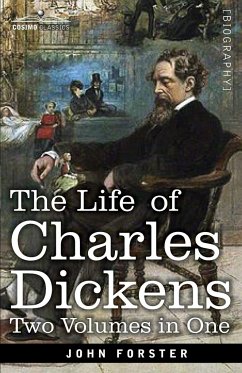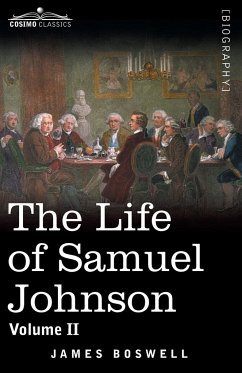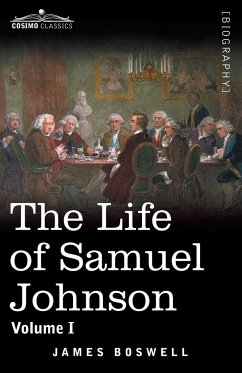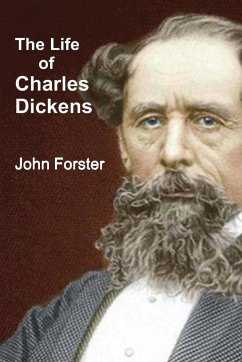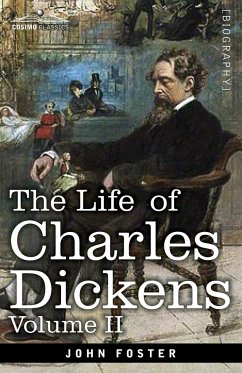
The Life of Charles Dickens, Volume II
1847-1870
Versandkostenfrei!
Versandfertig in 1-2 Wochen
28,99 €
inkl. MwSt.

PAYBACK Punkte
14 °P sammeln!
"This cheap edition of my books is dedicated to the English people, in whose approval, if the books be true in spirit, they will live, and out of whose memory, if they be false, they will very soon die." -Charles Dickens, The Life of Charles Dickens, Volume II (1874) The Life of Charles Dickens, Volume II (1874) focuses on the English author's life from 1842-1851 and documents his worldwide travels, including extended time spent in Paris, Italy, and Switzerland. Written by Dickens' close friend and advisor John Forster, the biography provides intimate details on the development of some of the ...
"This cheap edition of my books is dedicated to the English people, in whose approval, if the books be true in spirit, they will live, and out of whose memory, if they be false, they will very soon die." -Charles Dickens, The Life of Charles Dickens, Volume II (1874) The Life of Charles Dickens, Volume II (1874) focuses on the English author's life from 1842-1851 and documents his worldwide travels, including extended time spent in Paris, Italy, and Switzerland. Written by Dickens' close friend and advisor John Forster, the biography provides intimate details on the development of some of the greatest fictional characters in literary history, such as David Copperfield, Nicholas Nickleby, and Oliver Twist, as well as insights into Dickens' personal life. This biography of the classic novelist is a must-read for fans of Dickens' characters and stories, English literature, and 18th century history.



